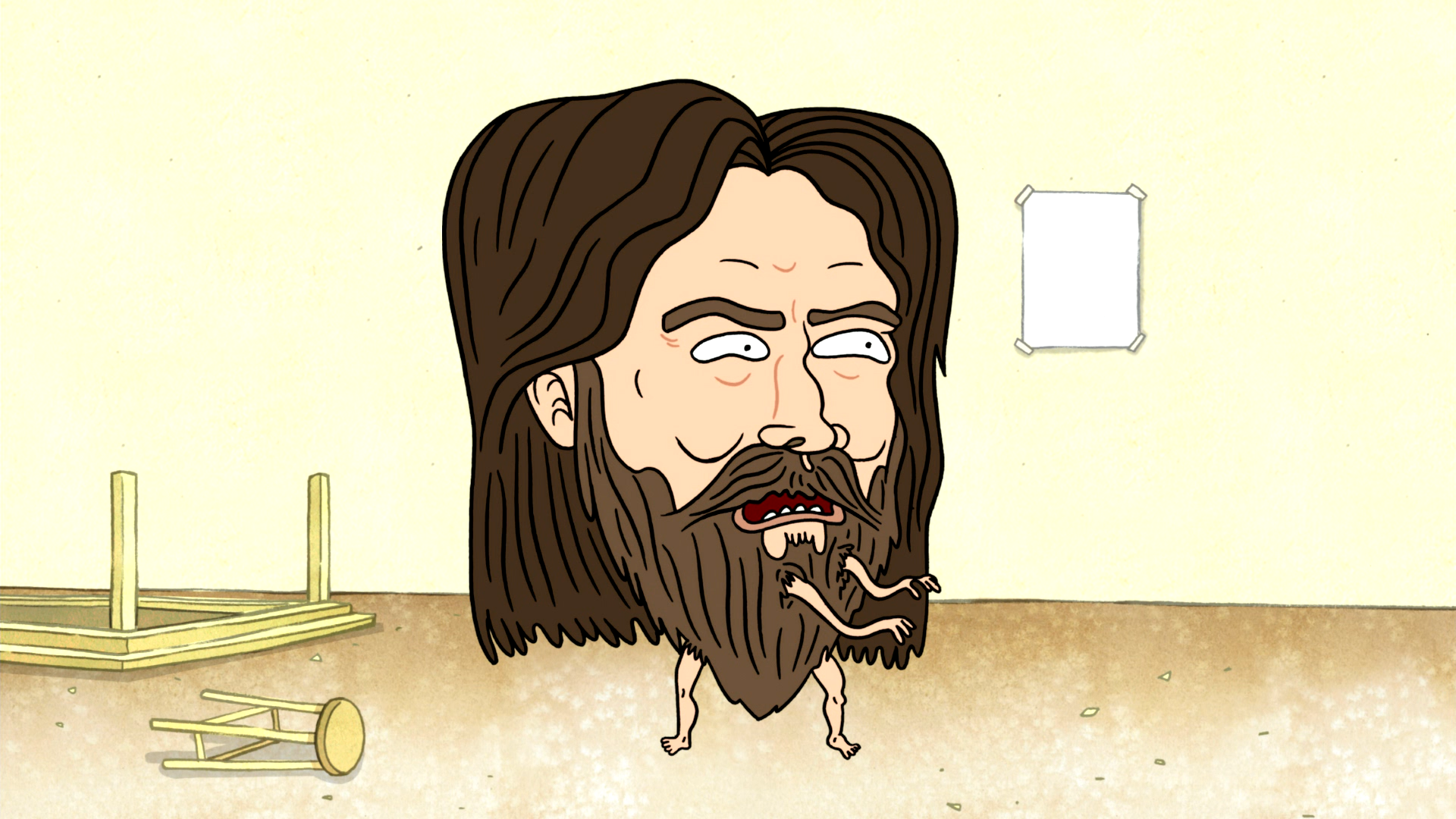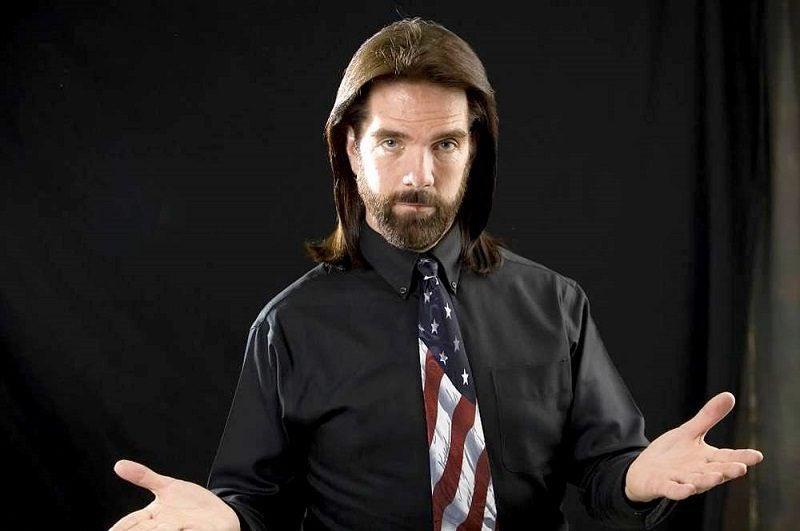
Billy Mitchell vs. Karl Jobst: The YouTube Drama That’s Shaking Up Gaming
In a shocking turn of events that has sent ripples through the gaming community, arcade legend Billy Mitchell has won a high-profile defamation case against YouTuber Karl Jobst. The Australian court has imposed a staggering fine of over AU$380,000 (approximately $237,000 USD) on Jobst for his accusations regarding Mitchell's iconic gaming achievements. This ruling has ignited a passionate debate about the boundaries of free speech, the responsibilities of content creators, and the implications for gaming journalism.
The Backstory
Billy Mitchell is perhaps best known as the first player in history to attain a perfect score in Pac-Man and for his high scores in Donkey Kong. However, his legacy has been marred by controversy, particularly surrounding allegations of cheating in obtaining these high scores. Enter Karl Jobst, a YouTuber who has built his platform by scrutinizing video game records and uncovering alleged wrongdoings in the gaming world. Jobst's series of videos questioning Mitchell’s legitimacy as a player ultimately led to this dramatic legal showdown.
Mitchell accused Jobst of defamation, claiming that the YouTuber's assertions damaged his reputation and career. The court sided with Mitchell, marking a significant moment in the ongoing controversy surrounding gaming records and the integrity of competitive play.
The Ruling's Impact
The implications of this ruling extend beyond just Mitchell and Jobst. Many in the gaming community are now grappling with the potential consequences for content creators who engage in critiques of prominent figures in gaming. The decision raises critical questions:
-
Will creators think twice before making bold claims? As the landscape of gaming content continues to evolve, the chilling effect of this ruling could stifle honest discourse and critique, leading creators to self-censor out of fear of legal repercussions.
-
What are the responsibilities of influencers? The case shines a spotlight on the obligation of content creators to verify their claims before broadcasting potentially damaging information. With millions of viewers relying on these personalities for information, the stakes have never been higher.

Community Response
The gaming community has been vocal in its response to this ruling. Many express concern over the precedent it sets for future cases involving influencers and public figures within the gaming industry. “This is a deadly precedent. If critics can be slapped with fines for speaking out, who will hold the big players accountable?” commented one Twitter user, echoing sentiments shared by many on social media platforms.
Additionally, fellow content creators and critics have begun to reassess how they approach their work. The fear of legal backlash could lead to a more sanitized version of gaming journalism, where critiques of individuals or controversies fade into obscurity.
Looking Ahead
As this saga unfolds, the implications of the ruling will be monitored closely. For Billy Mitchell, this court victory not only restores some of his credibility but also strengthens his position in the ongoing battle over his legacy. For Karl Jobst, the financial blow presents a significant setback, leading him to possibly rethink his strategy in uncovering gaming controversies.
With the potential for this case to establish a precedent within the realm of gaming journalism, creators may need to navigate this complex landscape with greater caution. Will the thirst for sensational content outweigh the risks involved? Only time will tell.

Conclusion
The drama between Billy Mitchell and Karl Jobst has shed light on the intricacies of free speech and accountability in the digital age. As the gaming community reflects on the ruling, it’s essential to consider the broader implications for content creators. This case may well define the future of gaming journalism, influencing how stories are told and who gets to tell them.
Stay tuned as we continue to follow this developing story, exploring its repercussions not only in the realm of video games but also in the broader landscape of online discourse. For more information, check out the full details on That Park Place.

